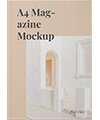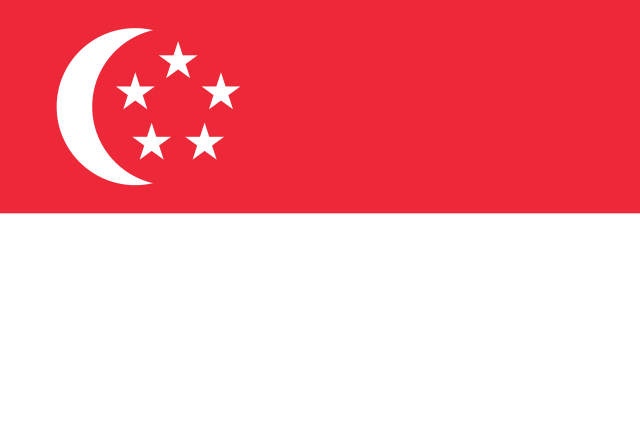

Vougue Magazine

Business Report Guideline

Today's English
.png)
Singapore's education system is renowned globally for its excellence and emphasis on academic achievement, innovation, and holistic development. Here's an overview:
1. Early Childhood Education: Singapore's education system begins with preschool education, which is not compulsory but highly encouraged. Preschools focus on providing a strong foundation in language, numeracy, social skills, and creative expression.
2. Primary Education: Primary education starts at age six and lasts for six years. The curriculum emphasizes building a strong foundation in English, mathematics, science, and mother tongue language (either Mandarin, Malay, or Tamil). Character and citizenship education are also integrated into the curriculum.
3. Secondary Education: Secondary education is divided into two levels: Lower Secondary (Secondary 1 to 3) and Upper Secondary (Secondary 4 to 5 or 4 to 6, depending on the educational track). Students undergo a broad-based curriculum, including core subjects and electives. At the end of Secondary 4 or 5, students sit for the Singapore-Cambridge GCE O-Level examination.
4. Post-Secondary Education: After completing secondary education, students can choose from several post-secondary pathways:
• Junior Colleges (JC): Offer a two-year pre-university program leading to the Singapore-Cambridge GCE A-Level examination.
• Polytechnics: Provide diploma courses in various fields such as engineering, business, and healthcare. Polytechnic graduates can choose to enter the workforce or pursue further education.
• Institute of Technical Education (ITE): Offers technical and vocational education leading to National ITE Certificates (Nitec) and Higher Nitec qualifications.
• Arts Institutions: Offer specialized arts education in areas such as music, dance, theatre, and visual arts.
5. Tertiary Education: Tertiary education in Singapore includes universities and private institutions offering degree programs. The National University of Singapore (NUS), Nanyang Technological University (NTU), and Singapore Management University (SMU) are the leading public universities offering undergraduate and postgraduate degrees in various disciplines.
6. SkillsFuture: The SkillsFuture initiative aims to provide lifelong learning opportunities for individuals to develop their skills and stay relevant in a rapidly changing economy. It offers a range of courses and subsidies to support continuous learning and skills upgrading.
Overall, Singapore's education system prioritizes academic rigor, critical thinking, creativity, and character development to prepare students for the challenges of the future workforce and society.

Assuming that you have any inquiries for us, go ahead and connect with us on the subtleties given beneath.